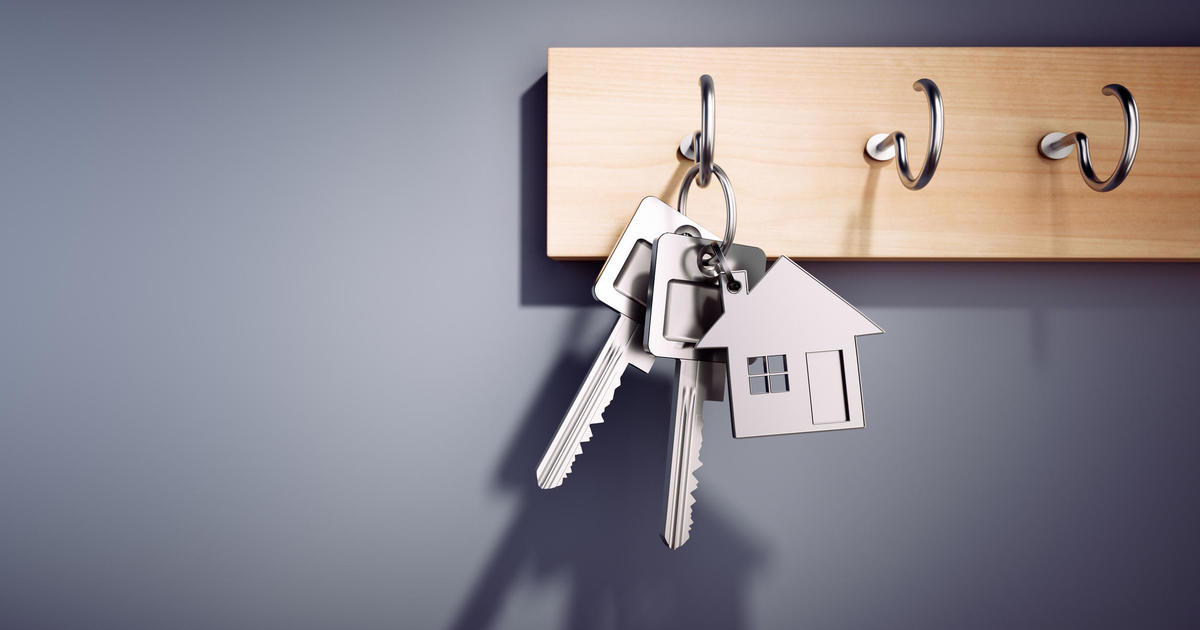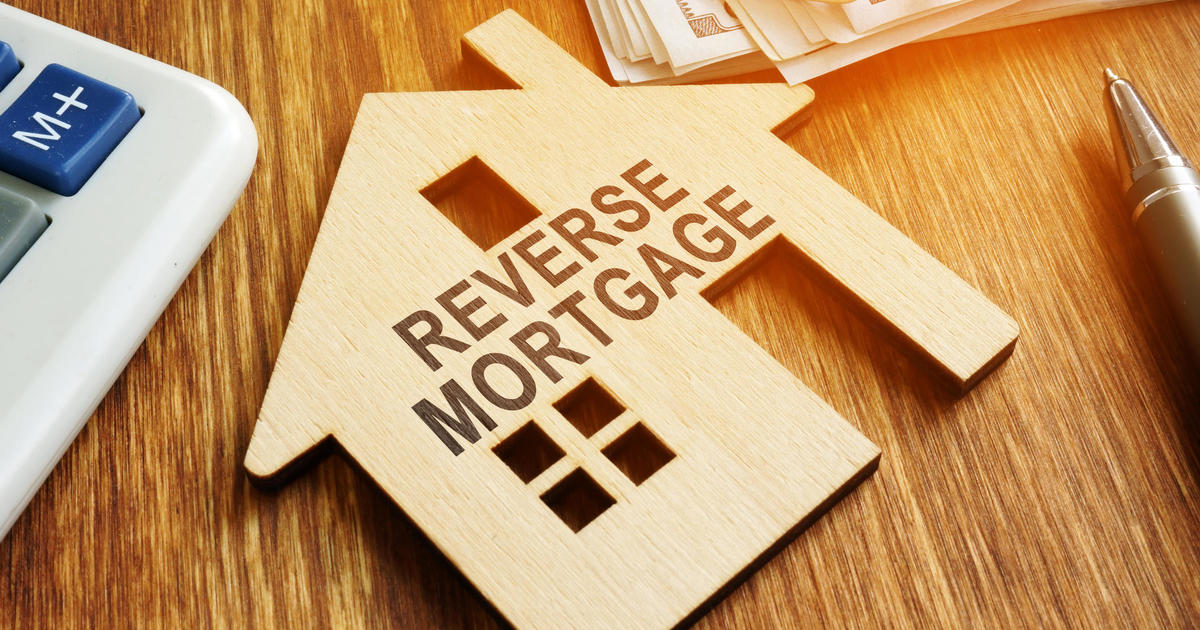HELOC vs. Home equity loan: Which is better to buy a second home?
Using your home equity to purchase a second home could give you the opportunity to buy the vacation or investment property you've had your eye on. Since the average American homeowner has access to nearly $200,000 in equity, your home could give you the money you need to make another real estate purchase free and clear.
And if you don't want to change your core mortgage with a cash-out refinance, don't worry. You could opt for a home equity line of credit (HELOC) or home equity loan instead. But, which is the better way to purchase a second home with your equity? That's what we'll break down below.
Find out how affordable it can be to borrow against your home equity.
HELOC vs. Home equity loan: Which is better to buy a second home?
Home equity loans and HELOCs both use your home as security for the loan but they operate in different ways (money will be disbursed in a lump sum for the former and as a line of credit for the latter). Interest rates are also different (as are repayment terms). Home equity loans typically come with fixed interest rates while HELOCs usually have variable rates. So, which is the better option if you're using your home equity to purchase a second home? That depends.
Using a HELOC to buy a second home
HELOCs may be better than home equity loans in some situations. Here are the pros and cons of using this option to buy a second home:
HELOC pros
- Lower rates are expected ahead: HELOCs typically come with variable interest rates. The most widely used interest rate benchmark, the federal funds rate, is currently frozen at a 23-year high. But experts suggest that it could fall as soon as June of this year. Should rates start to fall ahead, those who opt for a HELOC over a home equity loan now will likely benefit from the variable nature of their loans. "By assessing market conditions, if the buyer can sustain fluctuations in interest rates, a HELOC makes sense," explains Alex Blackwood, CEO and co-founder of Mogul Club, a real estate investing platform.
- Lower payments early on: HELOCs typically start with a draw period that lasts anywhere from five to 10 years. You don't typically have to make payments toward your principal balance during this period; meaning you'll usually enjoy relatively low payments for the first several years of the loan. This could be beneficial considering that you'll have to cope with a new mortgage payment on the second home at the same time.
HELOC cons
- Rates may go up in the long run: While interest rates are expected to fall in the short term, there's no telling where they might be headed over the next five to 10 years. So, you could end up with a higher rate - and, in turn, payment - than you expected if rates rise in the long run.
- The potential for excessive borrowing: Since a HELOC is structured as a revolving credit line, it may be easy to borrow more money than you originally expected - leading to higher payments. Using a HELOC to buy a second home, then, could result in you buying a property more expensive than you initially intended.
Compare your HELOC options now.
Using a home equity loan to buy a second home
A home equity loan may be a better option in some circumstances, but this option also comes with its fair share of pros and cons:
Home equity loan pros
- Predictable payments: "If the buyer wants stability and predictable payments to lock in a rate, the second mortgage makes sense," explains Blackwood. A home equity loan, often referred to as a second mortgage, is similar to a traditional mortgage in that it comes with a fixed interest rate and payment. So, regardless of what happens with interest rates ahead, you know exactly how much money you'll have to pay each month. This is a major advantage when calculating the costs of buying a second property.
- Lower interest rates: In today's interest rate environment, the average home equity loan interest rate is lower than the average HELOC interest rate. That's a plus considering the fact that even a small change in your interest rate can make a significant difference in the long-term cost of the loan.
Home equity loan cons
- High rate environment: There's no denying the fact that interest rates are relatively high at the moment. In turn, when you use a home equity loan to purchase a second home, you'll likely be locking in a high rate for the duration of the loan (or until you refinance it in the future).
- No future access to funding: Home equity loans give you access to your available equity in one lump sum, rather than as a credit line. So, once you cash in on your equity, you won't have future access to additional credit through the same loan. So, if you find a second home that costs more than the loan amount you'll need to secure additional funding.
Use a home equity loan to buy your second home now.
The bottom line
Home equity loans and HELOCs both offer compelling ways to purchase a second home. The best one for you largely depends on what you need in terms of payment stability. If you can handle payments that may increase in time, a HELOC may be better since most economic signals point to lower rates ahead. Then again, if you need a predictable payment, a home equity loan will likely be your better option.





